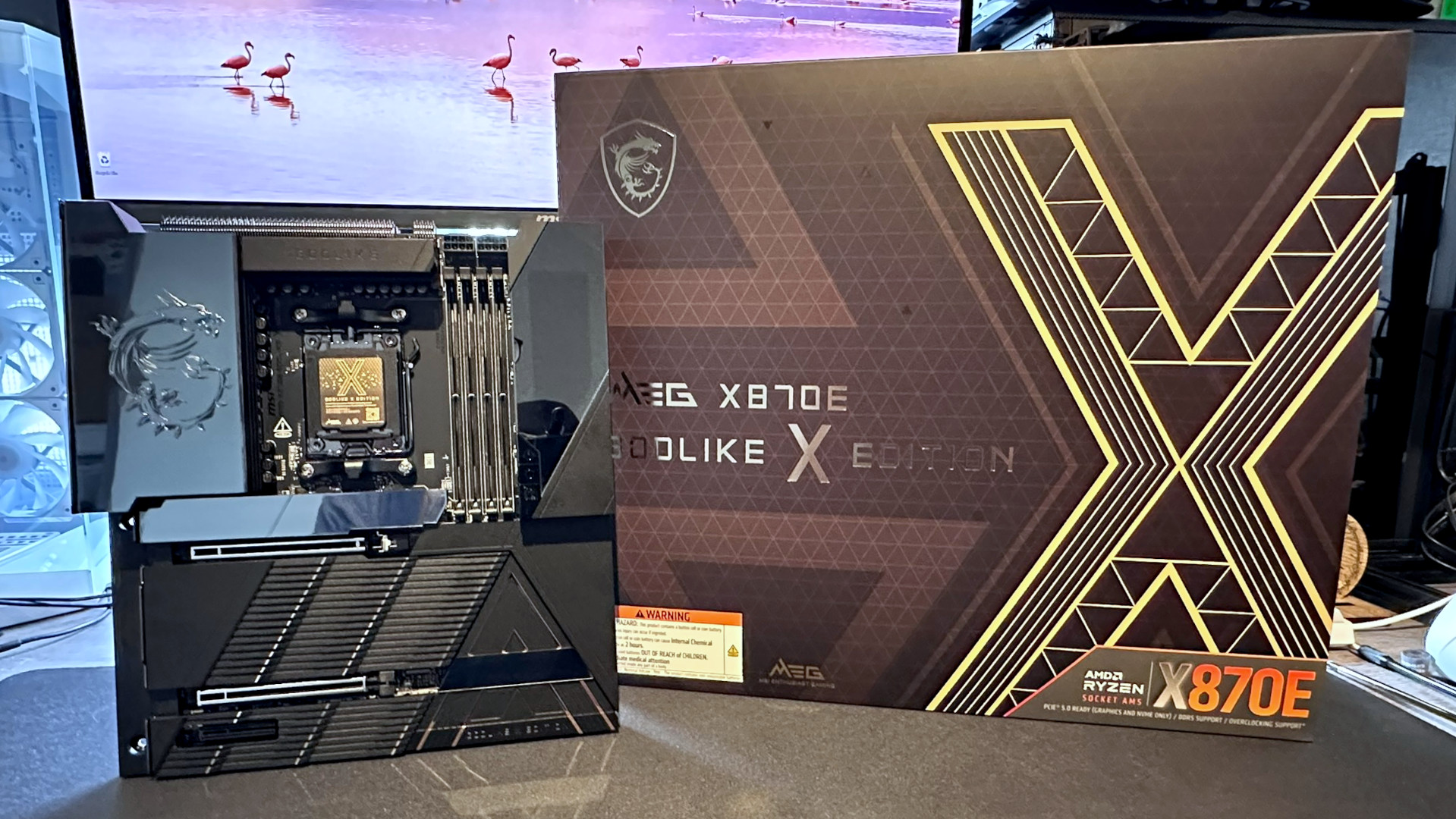Google to sell Chrome AND be banned from re-entering the browser market for five years, recommends US Department of Justice
And that's only the beginning.

Earlier this week it was reported that the US Department of Justice's top antitrust officials would likely ask a judge to enforce a significant break up of Google, in part proposing that Chrome be sold off.
As of Wednesday night, the official paperwork has since been filed and we can now see that the authorities' plan is even further reaching than initially suggested—though you won't see me shedding a tear if this break up ever comes to pass.
Not only will a judge be asked to enforce Google's sale of Chrome, but the filing made to a Washington federal court also outlines that, "following its divestiture of Chrome [Google] may not reenter the browser market for five years" (via The Guardian).
The proposal also calls for Google to be prohibited from "acquiring any interests in search rivals, potential entrants, and rival search or search ads-related AI products," and that it must let go of any it already holds in its clutch. Furthermore, the documents additionally call for a halt to all "anticompetitive payments to distributors, including Apple" that are made to ensure Google is the default search engine on various companies' devices.
Speaking of AI, the DoJ's proposal also recommends that Google offer "data crawling rights" to parties such as content creators, so that they can choose to opt-out of, say, Google using its work to train its Large Language Model AI. Setting to one side the fact that I, as a person who is infrequently funny on the internet, would personally very much not like to see my words regurgitated by AI, anyone who's recently had to wade through search results flooded with AI dross can see this is a step in the right direction—if it's enforced.
To recap, this is the result of a major court ruling back in August that found that Google had acted illegally to maintain its monopoly over online search and the advertising markets closely intertwined therein. In October, news began to percolate about which remedies the US department of Justice would seek, with its sights set on Android and Chrome for the part these areas of the business played in unfairly prioritising Google Search and related products.
The DoJ's proposals are being brought before the same judge who made that heavy-hitting ruling back in August, Amit Mehta, though we won't know which courses of action he'll pursue before sometime next year. Until then, it's hard to say with certainty how this will affect typical end users, especially as Google has yet to put forward its own counter proposals.
Keep up to date with the most important stories and the best deals, as picked by the PC Gamer team.
Wednesday's federal filing reveals that Android is still part of the DoJ's contingency plan. The filing identifies Android as "a critical platform on which search competitors rely and for which Google has myriad obvious and not-so-obvious ways to favor its own search product." Therefore, two plans are proposed: One, either Google also divests itself of Android alongside Chrome or, two, selling off Android becomes a last resort depending on if earlier efforts ultimately fail to reign in Google's monopoly.
In response so far, Google has been thrashing around like a dragon reluctant to part with its hoard. In a recent blog post, Google framed the DOJ's proposed remedies as a "radical interventionist agenda that would harm Americans and America’s global technology leadership." Kent Walker, the president of Global Affairs at Google and its parent company Alphabet, goes on to write, "It would break a range of Google products — even beyond Search — that people love and find helpful in their everyday lives."
The most obvious point of historical comparison would be United States v. Microsoft Corp. back in 2001; the DoJ tried to split Microsoft up due to its hold over the web browser market on Windows machines, though this case ultimately resulted in a settlement. With that in mind, it's hard to know just how far the DoJ will go this time.
Best gaming PC: The top pre-built machines.
Best gaming laptop: Great devices for mobile gaming.

Jess has been writing about games for over ten years, spending the last seven working on print publications PLAY and Official PlayStation Magazine. When she’s not writing about all things hardware here, she’s getting cosy with a horror classic, ranting about a cult hit to a captive audience, or tinkering with some tabletop nonsense.


